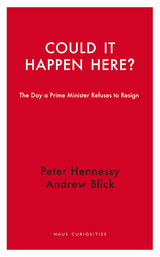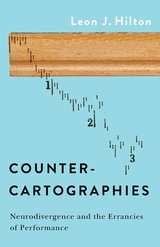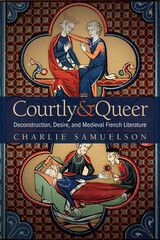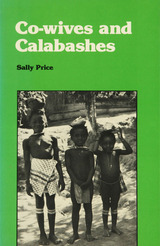
Exploring both the dynamism of Bakhtin versus “Bakhtin” and the dynamics of “possible Bakhtins,” the contributors tackle this theorist’s range of shifting shapes, from the carnival-messianistic and the chronotopic, through the philosophic and the ideologic, to the “applied Bakhtin” of the social sciences. Bakhtin’s texts are examined in the context of work by such disparate figures as Ernst Cassirer and Rudolph Rocker, while various aspects of the academic “Bakhtin industry” are examined, including the “will to mythology by anthology” and the inequities of a world market in ideas exemplified by the resource gap between Russian and Western scholarship. The “state of the archive” is assessed by both UK Bakhtin Centre Director David Shepherd and Russian Bakhtin Archivist Nikolai Pan’kov. Throughout the issue, which is framed by Peter Hitchcock’s introductory polemics and Michael Holquist’s afterword, author and archive are continually deconstructed and reconstructed.
Contributors. Robert Barsky, Rachel Falconer, Maroussia Hadjukowski-Ahmed, Ken Hirschkop, Peter Hitchcock, Michael Holquist, Vitaly Makhlin, Nikolai Pan’kov, Brian Poole, David Shepherd, Galin Tihanov, Anthony Wall

While friendship was often discussed by the ancients, moderns have had much less to say on the topic. Leading us into a dialogue with the ancients, the contributors offer a series of far-reaching encounters. Nietzsche debates the meaning of friendship with Socrates; Horatio fulfills the ancient desideratum of the “true friend” in telling Hamlet’s story; and philia becomes the core of a radical ethic through a reconstruction of Marx’s Epicurean ideals. Friendship is also analyzed as the model of a non-narcissistic psychology, on the one hand, and of a “mafia of idealists”—the French Resistance—on the other. Moreover, milieus of friendship are revealed as a unique crucible of creativity for the Benjamin-Bloch cohort in 1920s southern Italy, for Wittgenstein and his Cambridge followers in the 1930s, and for American jazz musicians of the 1950s.
Contributors. Dwight Allman, Fabio Ciaramelli, Marios Constantinou, John Ely, Agnes Heller, Clara Gibson Maxwell (with Ornette Coleman), Peter Murphy, Louis Ruprecht Jr., Jean-Pierre Vernant

Volume 97 of Harvard Studies in Classical Philology is a special issue, entitled “Greece in Rome,” comprising revised versions of papers presented at a Loeb Classical Conference on the question of the Greek influence on Roman culture, with a particular though not exclusive emphasis on the Augustan period. The papers reflect the complexity of the relationship between the cultures involved—Greek, Roman, and Italic—and span many fields: history, literature, philosophy, linguistics, religion, and the visual arts.
Contributors include: G. W. Bowersock, “The Barbarism of the Greeks”; John Scheid, “Graeco Ritu: A Typically Roman Way of Honoring the Gods”; Calvert Watkins, “Greece in Italy outside Rome”; Gisela Striker, “Cicero and Greek Philosophy”; Brad Inwood, “Seneca in His Philosophical Milieu”; Bettina Bergmann, “Greek Masterpieces and Roman Recreative Fictions”; Elaine K. Gazda, “Roman Sculpture and the Ethos of Emulation: Reconsidering Repetition”; Ann Kuttner, “Republican Rome Looks at Pergamon”; Cynthia Damon, “Greek Parasites and Roman Patronage”; Richard F. Thomas, “Vestigia Ruris: Urbane Rusticity in Virgil’s Georgics”; R. J. Tarrant, “Greek and Roman in Seneca’s Tragedies”; Christopher P. Jones, “Graia Pandetur ab Urbe”; Albert Henrichs, “Graecia Capta: Roman Views of Greek Culture”; and Sarolta A. Takács, “Alexandria in Rome.”

Contributors. Elizabeth Jane Bellamy, Teresa Brennan, Rosaria Champagne, Stathis Gourgouris, Catherine Liu, Kathleen McHugh, Robert Miklitsch, Abdul-Karim Mustapha, Laurence A. Rickels, Eugene Victor Wolfenstein, Slavoj Zizek
READERS
Browse our collection.
PUBLISHERS
See BiblioVault's publisher services.
STUDENT SERVICES
Files for college accessibility offices.
UChicago Accessibility Resources
home | accessibility | search | about | contact us
BiblioVault ® 2001 - 2025
The University of Chicago Press









